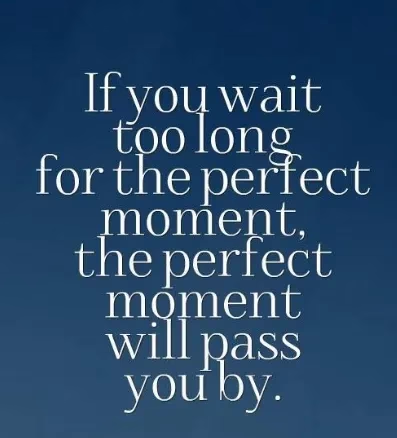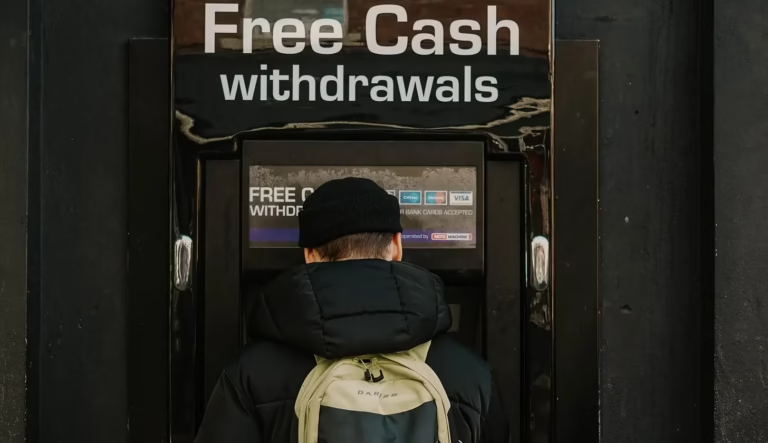Potential Employees motivations for working have changed
We all have been exposed to a lot of change in the last 2 years.
Now that things are opening up, allowing companies to loosen some of the restrictions together with the government, we will all become part of creating a “New Normal”
What we already see are headlines about:
- Employers Need to Prepare for “Reluctant to Return to Work” Employees.
- Dear ReWorker: Some of My Employees Don’t Want to Return to Work — What Should I Do?
- Can an Employer Fire Workers Who Are Scared to Return to the Office?
- Office buildings are opening back up. Not all employees want to return.
- What if Employees on Unemployment Don’t Want to Return to Work?
- Study after study has debunked the myth that emergency benefits keep people out of the labor force.
Adam Chandler described the last point this way:
“Last week’s U.S. jobs report, which saw far fewer hires than expected, reignited an old, long-simmering debate about whether the social safety net creates a culture of dependence in American life. Too many American workers, the argument goes, would rather stay home, play video games and collect unemployment than go back to work. And the rest of us are suffering as a result.
“The disappointing jobs report makes it clear that paying people not to work is dampening what should be a stronger jobs market,” Neil Bradley, executive vice president, and chief policy officer of the U.S. Chamber of Commerce, said last week. “We need a comprehensive approach to dealing with our workforce issues and the very real threat unfilled positions pose to our economic recovery from the pandemic.”

The main problem with this line of thinking is that it simply isn’t true and, perhaps, holds less water than it ever has. In the past year alone, study after study has debunked the myth that the government provided emergency benefits and occasional payments are disincentivizing people from returning to the labor force en masse.
This is why when we talk about the recovery and the return of the low-wage workers who were disproportionately affected by pandemic unemployment, we should be looking at the jobs on offer and not the people. Before the pandemic, the state of hourly work was fossilized by a federal minimum wage standard that hasn’t increased in more than a decade along with real wages that haven’t moved in over 40 years. Instead of supporting comprehensive benefits, lawmakers in some states introduced ostensibly progressive initiatives such as predictive scheduling, which ensured that some hourly workers could, at least, know their work schedule more than a few hours ahead of time so they could plan their lives and secure child care.”
So when I ask myself what the motivation for the recently observed behavior of employees might be, I am reminded of a book I recently started reading. It was written by Nate Lambert, a fellow real estate investor and mentor.
While describing his own journey from a university professor to real estate expert, he wrote about himself:
“In short, I was suffering from the same four sources of dissatisfaction that so many of us struggle with:
- No Fun
- No Freedom
- No Impact
- No Money.”

I don’t think it is always all four that need to be in place to make a significant change but at least a few can be a significant motivator.
How many people actually have fun working for a boss that pushes people around and in return collect $8 or even $15/hour. That’s a little more than $30k/year, barely above the poverty level according to the government guidelines for 2021 for families with 2 kids. Don’t even think about buying anything like a new car or god forbid, a house. National average home prices have cracked the $300K level. If you somehow had $15k for a downpayment, your monthly payment for mortgage, insurance, and property taxes would be about $1700. At $15/hr, your income would only be about $2600/month, so no way could you ever afford that.
That means people have to work more than 1 job or hope to find ways to make more than $10–15/hr. That’s why so many people, after having time to reflect upon their life while locked down at home, decided to start their own business. Then they at least have the freedom to make their own decisions. Eva Zhang writes as part of a new study: Despite a health catastrophe and one of the worst economic downturns in modern history, startup business activity grew in the United States last year — business startups grew from 3.5 million in 2019 to 4.4 million in 2020, a 24 percent increase. If you have to go back to work, better work for yourself and try your best to make your idea successful — and in the process have the freedom to decide what you want to do.
Creating new businesses can also be a way to have more impact. But it’s not only external impact, it is also internal impact. Nate, like many other people, was very dissatisfied with his situation because he had a nasty boss, didn’t make what he felt he deserved, and didn’t have time for his family. That last part is also a reflection that the pandemic highlighted. When you can’t drop the kids at daycare or school for most of the day and have to look after them and school them like 150 years ago, it is obvious that there needs to be a share of that burden. This means the impact of a low-paying job with no fun is not just financial or mental (getting on your nerves) but it also potentially harms your family. Finding an occupation that allows you to make your own decisions, gets your creative juices flowing, and gives some flexibility when it comes to time available for the family is what many people want these days — and understandably so.
Finally — money. It’s again not just the wages but also what we do with our money. In my last article, I wrote about garages full of stuff but not enough food reserves or toilet paper during the beginning of the pandemic. That caused many people not only to think about the amount of money they used to make and what they had to do to get it but also how much they truly need and what to spend it on.

Overall, ask yourself how you would answer those triggers and let me know what prompts your motivation to make significant changes in your life. The goal is and should be — an improvement on the journey to be a better, more fulfilling, fun, and impactful life.
If you are interested, I am happy to talk to you about my journey and ways I could help you make your journey more successful and enjoyable. Let’s get in touch.




